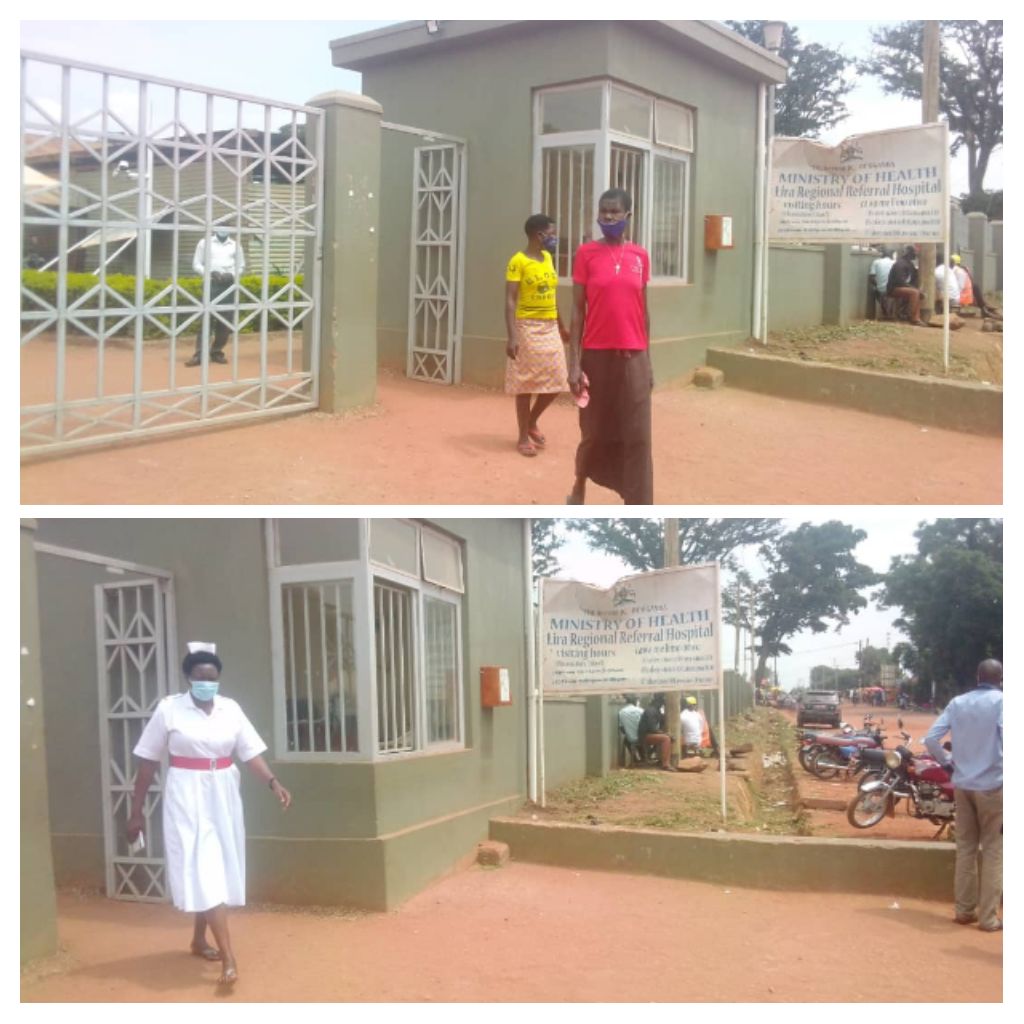“…blood glucose is your main source of energy and comes from the food you eat. Insulin, a hormone made by the pancreas, helps glucose from food get into your cells to be used for energy.”
Lira – August 16, 2022: Many diabetic patients have recounted their worst lifestyle experiences that have contributed to their current situations as the Lango sub-region in Northern Uganda records soaring cases of diabetes.
Diabetes is a disease in which the body’s ability to produce or respond to the hormone insulin is impaired, resulting in abnormal metabolism of carbohydrates and elevated levels of glucose in the blood.
Joshua Ogweng, a resident of Lira City and one of the diabetic patients was confirmed positive for diabetes in 2006. Sixteen years later, he has not recovered as he continues to take his medication timely.
According to Ogweng, even though he tries to follow medical advice from the doctors, the harsh economic conditions do not permit sometimes taking the drugs in time.
“I persistently experienced signs of frequent urination, and body weakness before I had gone for a body checkup. However, I urge other diabetic patients to know how to manage their diabetes well if they want to continue living for some time. My major challenge is now feeding with the recommended feeds by the doctors because prices are high and there is no money.”
Much as the medication is not for cure but to keep one alive for some time, Ogweng advised people to eat more millet than carbohydrates.
Records from Lira Regional Referral Hospital reveal that a total of 4,109 cases of diabetes were captured in the financial year 2020/2021 and a majority of these were among the age groups of 20 to 65 years.
Florence Apio, a resident of Junior Quarters B’ village in Lira City who has been taking care of her husband diagnosed with diabetes 20 years ago, now says it is not easy at all especially if you are not a merciful and faithful person due to several challenges ranging from preparing meals and performing other hygienic activities as per the doctors’ recommendations.
ALSO READ:
- William Ruto declared President-elect of Kenya
- Oyam’s ex-RDC, Akullu implicated in grabbing CPAR Uganda’s land
- FUFA Drum: Corruption, deceit top Lango Province management
“I have been advised to always prepare greens and other foods without frying or even pasting, for porridge I don’t put sugar and that is why my husband is still alive. Our challenge now is money for purchasing foods rich in nutrients,” Apio told TND News Isabella Olong.
Apio concludes that taking care of diabetic patients is so tiresome. “It needs a person who knows God and is so caring.”

Dr. Jimmy Ssewanyana, a medical officer who is the head of the TB department at Lira Regional Referral Hospital explains that most diabetes cases are genetically and poor diets like consumption of carbohydrates and fats which causes the risk to health, obesity; taking too much alcohol, and many others.
“Most patients we lose in the Lango sub-region mainly at the referral hospital are due to diabetes and hypertension, this can be treated and one can survive if well managed,” Dr. Ssewanyana said, in an exclusive interview with Olong.
However, Dr. Ssewanyana expressed displeasure with some of the diabetes patients who do not take up medical checkups seriously, saying a majority of the people in the region show up late when they are experiencing complications which many times are hard to treat and secure life. He advised people to always go for a general checkup after every three months.
“This will help people establish the working of their body, late detection is dangerous yet if screened in time it could be avoided, people should do exercises, change diet, avoid self-medication, too much salt, and alcohol,” Ssewanyana advised
According to the 2021 report released by the National Library of Medicine, Uganda’s overall prevalence of diabetes was 10.1 percent and was highest in rural Ugandan residents at 16.1%. This fact is attributed to changes in lifestyle and rising obesity.
On the other hand, Dr. Isaac Orech, a senior medical officer who is also the in-charge of Amach health center IV in Lira City, Uganda is facing a double burden of diseases like communicable and non-communicable diseases.
Dr. Orech has challenged people to seek medical care early enough such that their diseases are detected in time to avoid complications.
“Governments at different levels have put medical care, essential medicine for managing diabetes mellitus at health center IV, district hospitals, and regional hospitals. People should have a keen interest in the messages being passed at the outpatient departments [OPDs] aimed at creating awareness and the various integrated community outreach activities among others. These will help compact the disease spread,” Said Dr. Orech.
The national picture.
In 1972, only 254 people in Uganda had been given a diagnosis with diabetes. They attended the country’s only diabetes clinic, in the main hospital of Mulago, Kampala.
Earlier, Andrew Otim, a diabetes expert who is chairman of the Uganda Diabetic Association, said, while appearing on NBS Television on world diabetes day: “In 2021 a total number of sufferers is 4% of the total population or 1 120 000 patients these might have increased and what we have done is to create more centers for handling diabetic patients countrywide on top of the 10 that we had before.”

